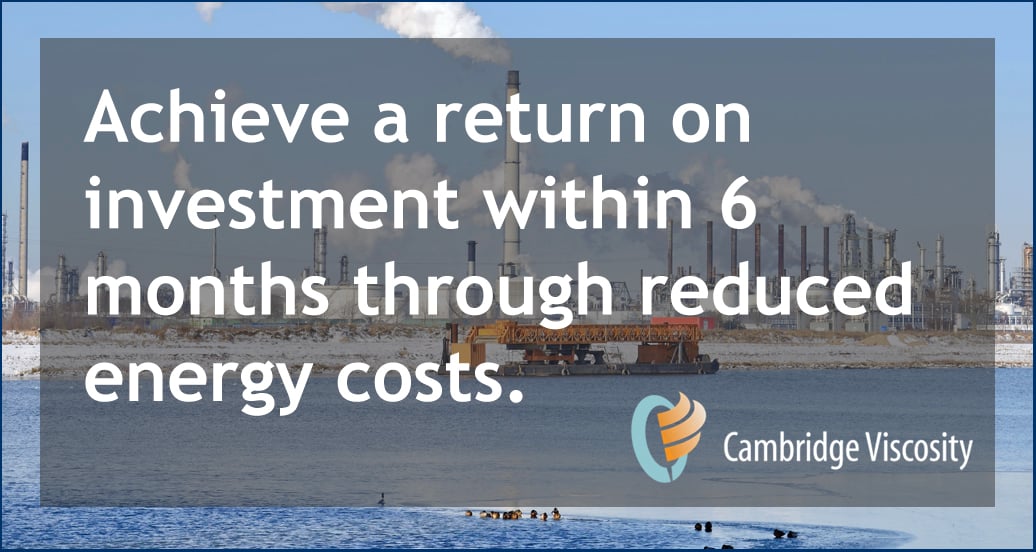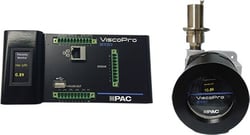 November in New England, where Cambridge Viscosity is headquartered, is the time of year when our leaves finish falling and the weather turns cold. Soon, it will be snowy and frigid in Massachusetts. (Who are we kidding – we had our first snowfall in October this year!) Inspired by the chill in the air, we thought we’d talk about some of the challenges of measuring viscosity in colder atmospheric conditions, where ambient temperatures fall below 50 °F for part of the year
November in New England, where Cambridge Viscosity is headquartered, is the time of year when our leaves finish falling and the weather turns cold. Soon, it will be snowy and frigid in Massachusetts. (Who are we kidding – we had our first snowfall in October this year!) Inspired by the chill in the air, we thought we’d talk about some of the challenges of measuring viscosity in colder atmospheric conditions, where ambient temperatures fall below 50 °F for part of the year
Specifically, we’re going to talk about asphalt. Refineries located in areas where temperatures drop below 50 °F for part of the year face unique challenges when it comes to heating and transferring heavier products like asphalt. A typical process goes like this: A northern-based refinery pumps their asphalt to a slop tank at the start of a process. After a measure of time, such as one hour, a lab sample is taken to determine whether the asphalt needs further processing. During colder months, the refinery heats both the slop tank and the pipelines, keeping the asphalt at a consistent temperature to allow for transfer or pumping of the product. This leads to two challenges:
- After the startup of production and while waiting for the lab results, good product is sent to the slop tank for reprocessing, rather than being sent to the finishing tank and sold into the market.
- A significant amount of energy is wasted while waiting for lab results, when product that may have been in-spec for 45 minutes or more was still being heated in the lines and the slop tank.
Continuous In-Line Viscosity Measurement Offers a Solution
 By installing the VISCOpro 2100 viscometer on the process line to automatically measure the viscosity of the asphalt, a refinery can solve their problems with quantifiable results:
By installing the VISCOpro 2100 viscometer on the process line to automatically measure the viscosity of the asphalt, a refinery can solve their problems with quantifiable results:
- Realize a return on investment within 6 months through reduced energy costs
- Reduce the time required to pump the slop tank by up to 50% at the start of production
- Use viscosity analysis to improve first-pass production goals and provided a return on investment in days
How is this achieved? By using the information from the viscometer to determine, among other things, when the product is in-spec at the beginning of a production run, a refinery is able to divert the finished product, instead of sending in-spec product to the slop tanks. This reduces the time spent pumping good product to the slop tank by as much as 50%. Likewise, the amount of fuel used to heat the lines and the slop tank is also reduced, which translates into significant energy savings.
Inline viscosity measurement is continuous, so it delivers better measurement results than laboratory analysis, which requires a wait of 30-50 minutes. Inline analysis saves time and money by helping refineries avoid reprocessing a product that is ready to go to a finishing tank.
In this situation, it’s not uncommon for the viscometer to pay for itself within six months just by reducing energy costs. A further return on investment was achieved through reducing product rework.






